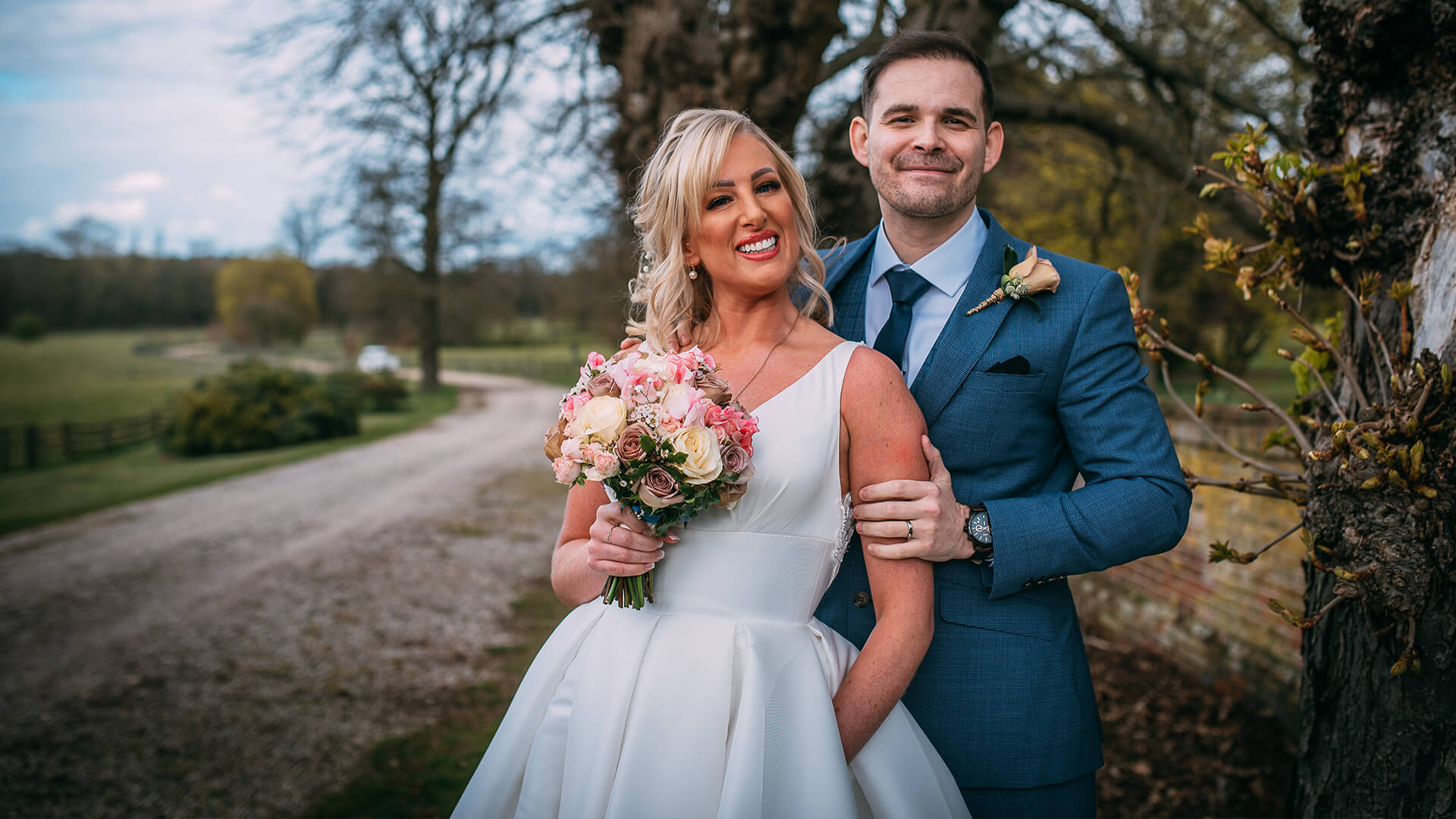MAFS UK and How to Really Be Successful in Relationships
Oct 4, 2021


Andrew Allan
Jan 22, 2025 45
- Successful long-term relationships often take hard work and courage
- Counsellor Andrew Allan explores where our flawed ideas of relationships come from and offers tips to anyone frustrated in their search for love
- We have couples counsellors and therapists available to support you through relationship problems - find yours here
Series six of Married at First Sight UK has just finished, having smashed E4's viewing ratings for an original series. Over one million viewers tuned in for the first episode. This follows hot on the heels of the Australian version which captured a UK viewing audience of up to 1.9m. There currently seems to be an almost insatiable demand for dating programmes in the UK and that is not to mention other media platforms, such as the weekly dating columns in the Guardian and Daily Mail. There are many reasons for their popularity, including pure drama and escapism. However, part of their appeal is our fascination with our search for the One.
Paradoxically, the more choice we seem to have the harder that search becomes. So much so, that many of us feel defeated and would rather put this task in the hands of an expert. Yet despite their best efforts, success still remains largely illusory. Only one couple is still together from the first five series of Married at First Sight UK and three from the first six Australian series. Netflix recently aired a series called The One, based on a book by John Marrs, which takes this a step further. In this dystopian thriller computers promise to find your perfect match through analysing DNA. Predictably the premise proves badly flawed. So, if we are struggling to find the One and we cannot rely on experts or science, where does that leave us?
One problem is that we tend to be weighed down by unrealistic expectations. We are looking for the perfect partner who can complete us by making us feel whole and provide us with a happy ever after. That partner has increasingly to fill a wide spectrum of roles: hot lover, best friend, parental replacement, perfect father/mother, economic equal, etc. When that person fails to live up to expectations, our response is often to try to get them to change and if that does not work, to look elsewhere. After all, there seems to be so much choice. Unfortunately, this form of love rarely exists outside the Hollywood movie and we end up chasing an illusion.
Couples and relationship therapy can be very beneficial when we despair about ever meeting the One or when our initial optimism has turned to disillusionment. Here are some ideas that I have found helpful when working with couples who are in difficulty and individual clients who are looking for love:
1. Is there such a thing as love at first sight?
In other words, can we really be sure that a person is right for us merely on initial impression and without really knowing anything about them? It takes less than one tenth of a second to form an assessment of someone's face and that covers other judgements such as trustworthiness as promiscuousness as well as attractiveness. However, those first impressions although very powerful are often unreliable. That being the case, it is likely that we are also often too quick to discount people on the basis of that first impression.
2. Falling in love can be addictive
The period when we first fall in love can feel intoxicating. Emotions seem heightened, we experience euphoria and a real sense of being alive. Our heart may start to race, cheeks flush and palms become sweaty. Neurologically our body behaves in a similar way to when we take drugs by generating chemicals such as dopamine and noradrenaline. We truly can be addicted to love. Some feel very disillusioned when this feeling begins to wane either in themselves or their partner and seek to chase that emotional intensity again in a new relationship. It is inevitable though that this early symbiotic stage will come to an end at some stage. Apart from anything else we would not be able to get on with the rest of our life!
3. Two become one
During that first flush of love, we often experience a sense of fusion, of two becoming one. What that can result in over time though is an abdication of responsibility for our own growth and development. A partner alone cannot be solely responsible for making us feel happy and fulfilled.
Successful relationships tend to be ones where each individual balances their own needs with those of their partner and the partnership in general; this process is known as differentiation. Perhaps we want to embark on a new career, learn a new skill, volunteer for a charity, find new friends, etc. Although perhaps sounding counter-intuitive, keeping an element of personal space within the relationship can also help maintain sexual intimacy. Ultimately being too close can deaden desire, as many have experienced during lockdown.
4. Consider your childhood experiences
Our interactions with caregivers in childhood play a major role in our later relationship choices. Being aware of these influences will help us better understand why we attracted to particular people, our blind spots and any recurring mistakes. For example, some may be looking to find a partner to take on the impossible task of replacing a parent who died prematurely whilst others may fear commitment as a consequence of having an emotionally distant parent.
Understanding how childhood vulnerabilities have impacted a partner is also immensely beneficial, enabling us to understand what may trigger them and helping to develop empathy.
5. Talk things through
Good communication is a vital pillar in a successful relationship. Particularly when we argue we are not really hearing what are partner is saying but instead are busy preparing our response. Listening deeply by putting aside all preconceptions and providing full attention may take time and practice. It can be helpful to check understanding by repeating back in your own words what you think you have heard. Similarly, it pays real dividends to convey your own needs clearly and check with your partner that they have understood what you have said.
To have a happy and fulfilling relationship therefore requires realism, hard work and courage. Although those may not be the ingredients of a successful dating programme or a Hollywood movie, the pay-out is something deeply rich and rewarding which ultimately transcends the flawed search for the One.
Andrew Allan is a verified welldoing.org counsellor in Kent and online

Andrew Allan
Read further
